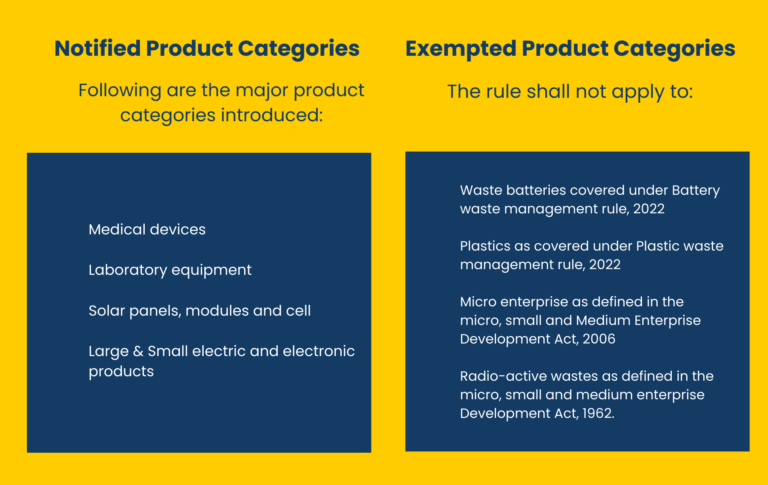India Issues Mandatory Rated Capacity Verification Requirement for Lithium Cells and Batteries
The Ministry of Electronics and Information Technology (MEITY) has directed that the rated capacity of portable sealed secondary lithium cells and batteries must be measured


